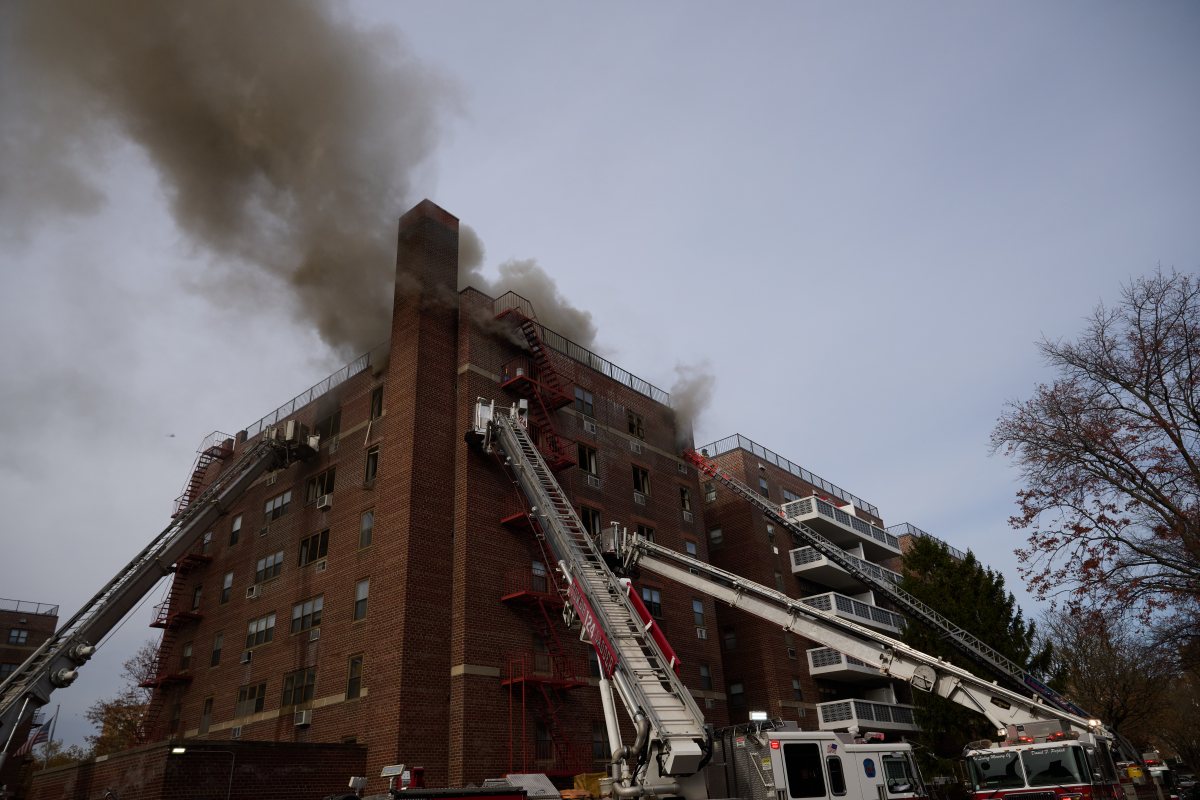By Wickham Boyle
Jessie Sholl is a hyper-clean, nearly elfin, 41-year-old woman who for nearly a decade has lived in the West Village between great bookstores: Three Lives and Bonnie Slotnick Cookbooks. I met her at a dinner party, also in the West Village, and when I saw that her book was about to debut, I asked if she would indulge me in an interview to discuss this very brave memoir. She suggested Joe on Waverly.
So in the penultimate week of 2010, I peddled my trusty 1968 Raleigh up Sixth Ave. to hear how Ms. Sholl found the courage and words to pen this beautiful memoir, billed as the first by the child of a compulsive hoarder.
W.B.: This book is so kind and loving toward your mother, yet I was in a rage at her by the time you and your long-suffering husband were infected with scabies for the second time. How did you find that enlightened approach?
J.S.: The biggest thing that helped me was that the more research I did into the condition of hoarding, the more I came to recognize it as a disease. When I saw it as an illness I didn’t give her a free pass, but, because she has a mental illness, it put her behavior into a different context.
Also, when I began to talk to her in depth about the book — to which she gave her blessing — I began to see the depth of her horrific upbringing. And of course my own therapy helped.
I didn’t want to write a “bad mommy” or “Oh, poor me,” self-pitying memoir. So deciding on this direction gave me the push to regard the good things I got from her as well as the fear, filth and shame. I am a minimalist about having stuff. I consider myself a purger. I go overboard about cleaning when people are coming over, but — unfortunately — not always. I don’t want folks to think, “Oh, look at those dirty glasses on the table, she is on the slide to become just like her mother.”
You also describe in detail many things that happened in your childhood. For me, as the adult child of an alcoholic and a chronic suicide attempter, I know that denial is and was my drug of choice. This means I have intense, but spotty memories of childhood. I could not provide an arc the way you do. Did you always have this clarity of memory or did it come as you wrote?
I decided I wanted to write about this. I told my husband, the wonderful writer David Farley, stories for years, and he encouraged me to write them down. I talked with my agent and I wrote a proposal and she was a huge help at putting the tales in order. Everyone would be surprised at how many memories emerge once you begin writing. It may not be linear at first, but you can reorder and create a timeline after the fact. Writing this was very important to me and it was always my hope that it would be a way for others to unlock shame and live more transparent lives.
This book is about hoarding but you allude a few times to the similarity between A.C.O.A.’s (adult children of alcoholics), and you clearly state that being able to come clean, if you will, with friends was so liberating.
Yes, I have to say that many of my friends or colleagues have said, “Oh, my Mom was a hoarder,” or an aunt was, so I hope it is freeing in that sense to be able to talk about it. No one is just a hoarder. This condition announces many other problems. Hoarding is a kind of blindness. A “normal” person knows to call a repairperson if the refrigerator breaks. But a hoarder has deep shame about the state of their home, and thus doesn’t call, and this only exacerbates the mess. Many hoarders live in great danger, amid health challenges and the very real possibility that fires will start and the firefighters will be unable to find their way through the mess. There is also a version of hoarding that involves adopting and often mistreating animals. People have homes or apartments filled with filthy animals, who are in great distress. My husband and I adopted a small dog that we named Abraham Lincoln, and it felt good to save someone from that life.
How did you come to this project, and are there any things you wanted to write but discarded as too difficult either for you or your family? You don’t have to disclose what, but just if that was the case?
I started as a fiction writer and got my M.F.A. at The New School, and I had been working on a novel for young adults. I began writing health articles as a “day job” and this gave me an entree to think about my own past and to research. I had this “Ah ha” moment as I was doing research when I saw that my mother’s hoarding was also an extreme type of brain malfunction, and I started researching it. When I saw that it was a disease and talked to my mother about the book project, it freed me to be able to use any story, all the stories, as a way to tell where I came from, but also to free others who have held onto this dirty secret.
“Dirty Secret: A Daughter Comes Clean About Her Mother’s Compulsive Hoarding,” by Jessie Sholl, Gallery Books. For more information, visit www.jessie-sholl.com .


































